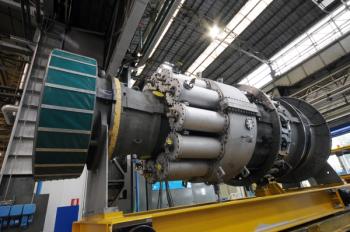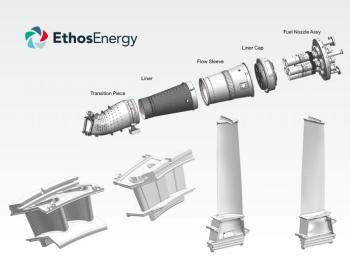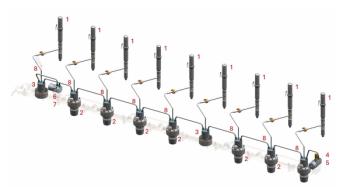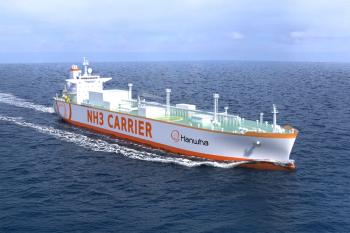
ExxonMobil Acquires Pioneer Natural Resources, Doubles Permian Footprint
The purchase of Pioneer Natural Resources Co. (PNR) will more than double ExxonMobil’s production volume in the Permian Basin to 1.3 million barrels of oil equivalent per day.
ExxonMobil Corp. finalized its merger acquisition of PNR, adding to the company’s significant development potential in the Permian basin. Following the acquisition, the merged company owns more than 1.4 million net acres in the Delaware and Midland basins with approximately 16 billion barrels of oil equivalent resources.
“This premier, tier-one asset is a natural fit for our Permian portfolio and gives us a greater opportunity to deploy our technology and deliver operating and capital efficiency for long-term shareholder value,” ExxonMobil Chairman and CEO Darren Woods said. “The combination of our two companies benefits this country’s energy security and economy, and also furthers society’s environmental ambitions as we move Pioneer’s 2050 net zero goal to a 2035 plan.”
Based on 2023 volumes, ExxonMobil’s production in the Permian basin will more than double to 1.3 million barrels of oil equivalent per day (MOEBD). Based on initial estimates, it is expected to increase to approximately 2 MOEBD in 2027. The merger combines PNR’s differentiated Permian inventory and basin experience with ExxonMobil’s technologies, financial resources, and project execution. These combined aspects are expected to produce double-digit returns through efficient, increased resource recovery with a lower environmental impact.
In its Permian unconventional operations, ExxonMobil plans to reach net-zero Scope 1 and Scope 2 greenhouse gas (GHG) emissions by 2030. The company will utilize its Permian GHG reduction plans to advance PNR’s Scope 1 and 2 net-zero emissions goal by 15 years. It will also apply technologies for monitoring, measuring, and addressing fugitive methane to decrease the merged companies’ emissions. Combined operating capabilities and infrastructure may allow ExxonMobil to increase the amount of recycled water used in Permian fracturing operations to more than 90% by 2030.
In November 2023, ExxonMobil closed an
“This transaction is a major step forward in the profitable growth of our low carbon solutions business,” said Woods. “Our expertise, combined with Denbury’s CO2 pipeline network, expands our low-carbon leadership and positions us to meet the decarbonization needs of industrial customers while also reducing emissions in our own operations.”
The acquisition includes oil and natural gas operations located along the Gulf Coast and in the Rocky Mountains. These operations have reserves totaling more than 200 million barrels of oil equivalent and approximately 46,000 oil-equivalent barrels per day of production, as of year-end 2022.
In November 2023, ExxonMobil began production at the
Newsletter
Power your knowledge with the latest in turbine technology, engineering advances, and energy solutions—subscribe to Turbomachinery International today.




